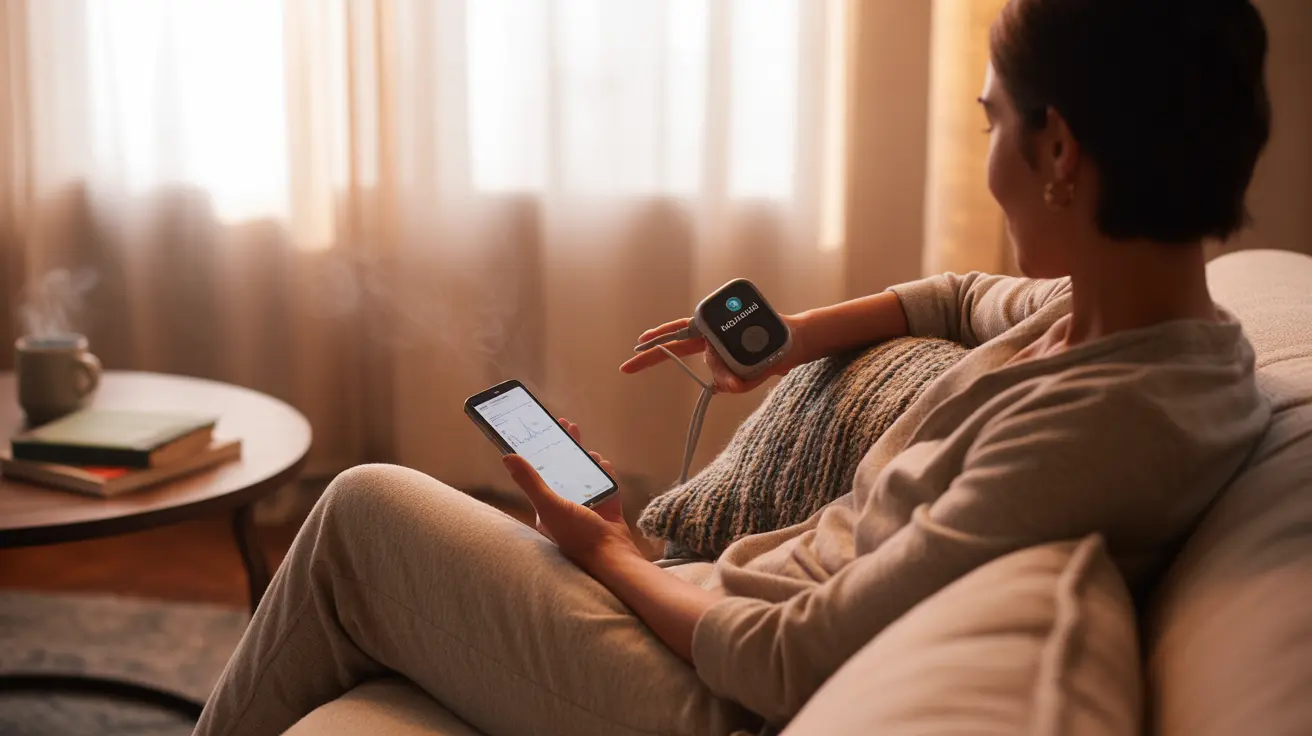When anxiety strikes, finding immediate relief becomes a top priority. Whether you're experiencing a sudden wave of anxious thoughts or dealing with ongoing stress, there are several effective natural techniques you can use to reduce anxiety quickly. This comprehensive guide explores proven methods to help you regain your calm and control over anxious feelings.
Understanding the Body's Anxiety Response
Before diving into relief techniques, it's important to understand that anxiety triggers your body's "fight or flight" response, leading to physical symptoms like rapid heartbeat, shallow breathing, and muscle tension. Recognizing these symptoms helps you address them more effectively through targeted natural interventions.
Immediate Breathing Techniques for Anxiety Relief
Deep breathing exercises are among the most powerful tools for immediate anxiety reduction. The 4-7-8 breathing technique is particularly effective: inhale for 4 counts, hold for 7 counts, and exhale for 8 counts. This pattern helps activate your parasympathetic nervous system, naturally calming your body's stress response.
Box Breathing Method
Another effective technique is box breathing: inhale for 4 counts, hold for 4 counts, exhale for 4 counts, and hold again for 4 counts. Practice this for 2-3 minutes to experience immediate calming effects.
Physical Activities for Quick Anxiety Management
Movement can be a powerful anxiety reducer, even in small doses. Simple activities that can provide immediate relief include:
- Walking briskly for 5-10 minutes
- Gentle stretching exercises
- Progressive muscle relaxation
- Shoulder and neck rolls
- Light yoga poses
Rapid Grounding Techniques
Grounding exercises can quickly bring your mind back to the present moment when anxiety strikes. The 5-4-3-2-1 method involves identifying:
- 5 things you can see
- 4 things you can touch
- 3 things you can hear
- 2 things you can smell
- 1 thing you can taste
Quick-Acting Natural Supplements and Foods
Certain foods and supplements can help support immediate anxiety relief:
- Chamomile tea
- L-theanine-rich green tea
- Magnesium-rich foods
- Dark chocolate (70% cocoa or higher)
- Omega-3 rich foods
Sustainable Lifestyle Changes for Long-Term Relief
While immediate relief is important, implementing these long-term strategies can help prevent future anxiety episodes:
- Maintaining a consistent sleep schedule
- Regular exercise routine
- Balanced nutrition
- Stress management practices
- Limited caffeine and alcohol intake
Frequently Asked Questions
What are the fastest natural techniques to reduce anxiety immediately?
The fastest natural techniques include deep breathing exercises, grounding methods like the 5-4-3-2-1 technique, and progressive muscle relaxation. These methods can begin providing relief within minutes of practice.
How can deep breathing exercises help calm anxiety quickly?
Deep breathing exercises activate the parasympathetic nervous system, which counteracts the "fight or flight" response. This naturally lowers heart rate, reduces muscle tension, and promotes a sense of calm.
What lifestyle changes support long-term anxiety reduction and prevention?
Key lifestyle changes include maintaining regular sleep patterns, engaging in daily physical activity, practicing stress management techniques, following a balanced diet, and limiting caffeine and alcohol consumption.
Are there specific foods or supplements that help relieve anxiety symptoms right away?
Yes, certain foods and supplements can help reduce anxiety symptoms quickly. These include chamomile tea, L-theanine from green tea, magnesium-rich foods, and dark chocolate. However, it's important to consult with a healthcare provider before starting any supplement regimen.
How can physical activity be used to manage sudden feelings of anxiety?
Physical activity helps reduce anxiety by releasing endorphins, shifting focus away from anxious thoughts, and reducing muscle tension. Even brief activities like a 5-minute walk or gentle stretching can provide immediate relief.
Remember, while these natural techniques can provide significant relief, persistent or severe anxiety should be discussed with a healthcare professional to ensure appropriate treatment and support.




